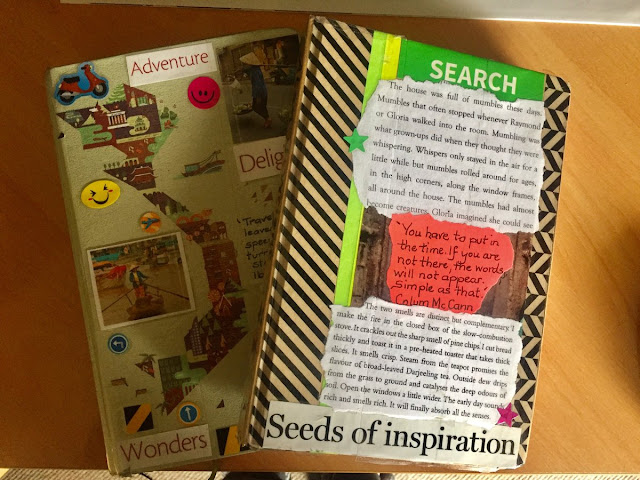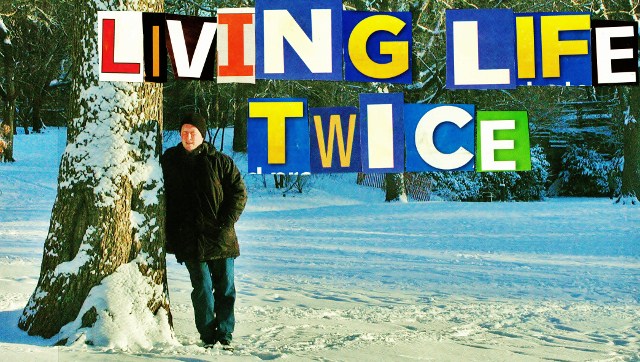The Writer's Notebook-Helping Me Teach Writing More Effectively

The most effective way to teach writing is to be a writer yourself. That way you can better appreciate the challenges and the joys of the craft. As a writing partner, you place yourself in a position of increased credibility. You present yourself as a model of a living, breathing writer. Writers need to be brave, and your decision to become a writing partner, identifies you as a genuine risk taker. As a writer, you surely deserve a place to record your reactions to the daily events in the world that surrounds you. Developing your own writer’s notebook is the ideal way to demonstrate your commitment to a writing kind of life. In this special book of your own choosing you are able to show your students how you react to the world; record your thoughts, your wonderings and harvest your ideas. There might also be lists (names, places), anecdotes and words. Phrases and short descriptions of people, places and events may also be used to trigger a memory for more in dep...




